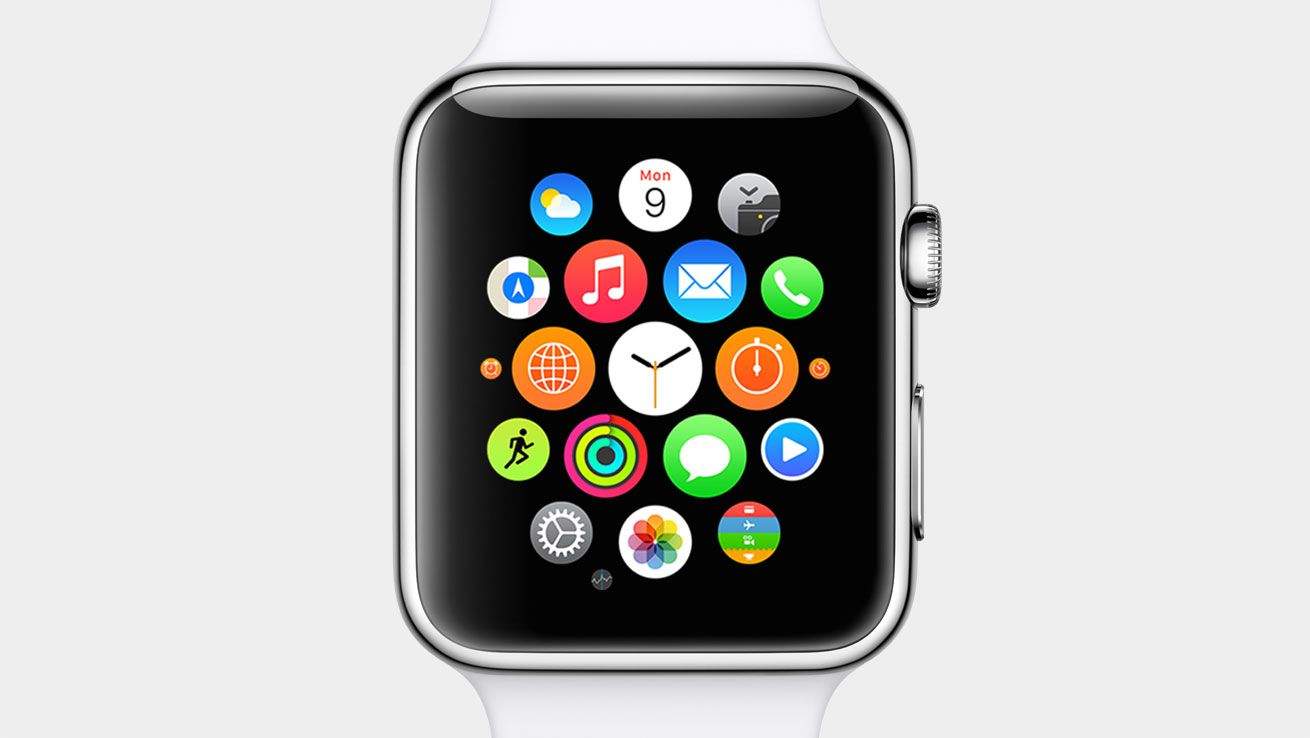The Food and Drug Administration is in a tough spot when it comes to health-tracking wearables. As the U.S. government agency in charge of regulating medical devices, it can’t promote health-oriented technology that doesn’t do what it claims, but it also doesn’t want to stifle innovation at a time when Silicon Valley is finally turning its attention to the field.
That’s why, according to a new report, the FDA is giving the tech industry, and particularly tech giants like Apple, leeway to develop new products without aggressive regulation.
“We are taking a very light touch, an almost hands-off approach,” Bakul Patel, the FDA’s associate director for digital health, says. “If you have technology that’s going to motivate a person to stay healthy, that’s not something we want to be engaged in.”
The FDA has often been viewed as the kind of slow-moving bureaucracy that’s the antithesis of the fast-moving world of Silicon Valley.
In the past, the organization has gone after numerous startups working on mobile health devices, including uCheck, an automated urine analyzer that let users pee on a strip and then use their iPhone camera to detect up to 25 diseases, like diabetes, pre-clampsia and urinary tract infections. The FDA was also rumored to be one of the reasons it took so long for the Apple Watch to be announced.
We may be in a new era, however, as Bloomberg notes that the FDA is trying to mend bridges with tech companies, and will largely be hands-off regarding fitness-tracking and other wellness-related products like the Apple Watch — although tech used for diagnosis, treatment and prevention will still get a close look. Given that Apple recently moved further into this area with the announcement of ResearchKit, there still seems plenty of opportunity for butting heads.
To me, what comes across most strongly in the report is the fact that the FDA simply doesn’t have the resources or staff to police such a fast-growing field as mobile health. In fact, Patel says companies like Apple should take on the responsibility for screening health-related apps themselves, to make sure they do what they are promised.
Overall, this is good news for Apple, since it means it will be able to act more autonomously than previously, and is being given room to operate. At the same time, the idea that Apple should essentially do the FDA’s work for it — and could conceivably be held accountable for failing to properly investigate the massive number of health-related apps likely to arrive in the App Store — has the makings of a real headache down the road.
Or am I just being paranoid?


